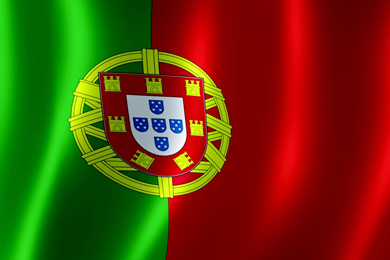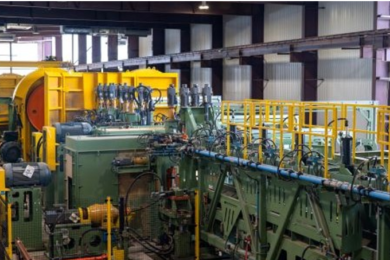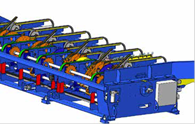Companies based in Portugal, France, Belgium, Spain, Italy and Poland have been importing timber from Industrie Forestière du Congo (IFCO) – a logging company which Global Witness accuses of flouting forest laws in the Democratic Republic of Congo (DRC).
Together, the ten companies placed more than 1,400m3 of IFCO’s so-called high-risk timber on the EU market, with a value of approximately €2 million, in the space of five months during 2018.
IFCO is a recently created entity which has inherited logging operations previously belonging to Cotrefor.
Under the European Timber regulations (EUTR), companies must be able to show they have taken clear steps to reduce the risk that timber imported to the EU has been illegally harvested. Failure to do so can result in high penalties.
“It has been over six years since the EU Timber Regulation came into force, and this is yet another case of illegal or high-risk timber coming into EU ports, seemingly unchecked. Illegal logging is a serious contributor to climate change, and weak enforcement risks undermining the EU’s efforts to combat it”, said Colin Robertson of Global Witness.
This follows a detailed investigation published last summer by Global Witness, which revealed systemic illegal logging by a major European company in the Democratic Republic of Congo, while Norway and France are on the brink of funding expansion of the country’s industrial logging sector.
Global Witness said that a two-year investigation revealed that European company Norsudtimber was the biggest single owner of logging concessions covering over 40,000 km2 of rainforest in the Democratic Republic of Congo (DRC).
Portugal, China, Vietnam and France are also all said to be recipients of Norsudtimber’s timber trading.
The majority of timber exports to Europe went to either Portugal or France.
Almost 60 percent of the timber exported is said to come from endangered or vulnerable tree species.




